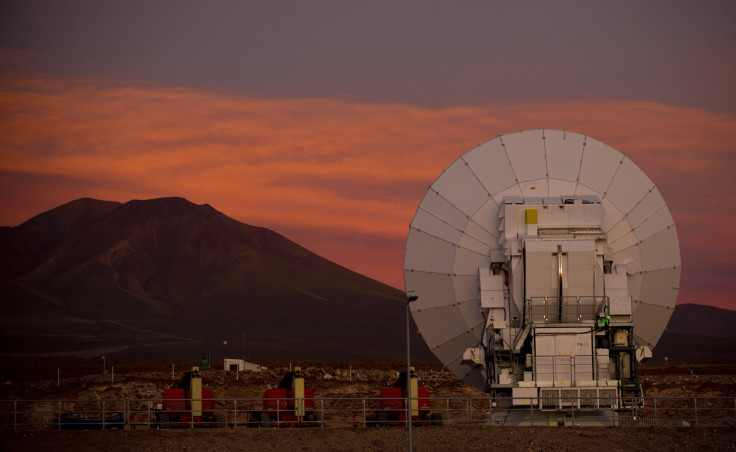Telescope Expected To Be World's Largest Breaks Ground In Chile

Construction on what is expected to be the world’s largest telescope began Wednesday in Chile’s Atacama Desert. The massive telescope, dubbed the Giant Magellan Telescope (GMT), is slated to begin its early operations by 2021, according to a news release.
“An enormous amount of work has gone into the design phase of the project and development of the giant mirrors that are the heart of the telescope. The highest technical risks have been retired, and we are looking forward to bringing the components of the telescope together on the mountaintop,” said Patrick McCarthy, interim president of GMTO, according to the news release.
Because of its dark skies, lack of rain and superior astronomical clarity, the Las Campanas Observatory in Chile’s Atacama Desert has been chosen for the site of telescope. When finished, the GMT is expected to consist of seven, 27-foot-wide primary mirrors and be 85 feet in diameter. “Adaptive optics" will also allow astronomers to change the shape of the telescope's mirrors to compensate for distortions caused by the Earth's atmosphere, according to NBC News.
GMT is expected to be able to characterize planets orbiting other stars, witness early formation of galaxies and stars, gain insight into dark matter and dark energy and take photos with a resolution 10 times higher in some wavelengths than those taken by the Hubble Space Telescope.
“If you look back all the way to when Galileo made his first telescope and plot the size of the largest telescope on Earth for those 400 years," said Patrick McCarthy, vice president of the Giant Magellan Telescope Corp., NBC News reported. "It turns out that every 30 to 40 years, someone makes a telescope about twice as large as the one before."
Eleven international founders committed more than $500 million to the project, including founders from the U.S., Australia, Brazil, and South Korea, with Chile as the host country.
© Copyright IBTimes 2024. All rights reserved.






















